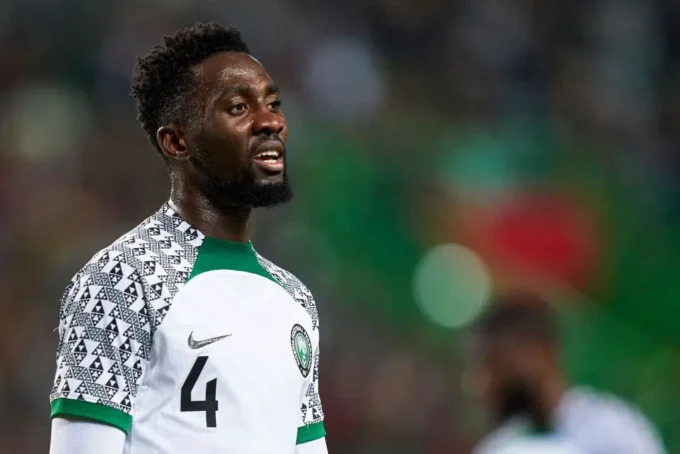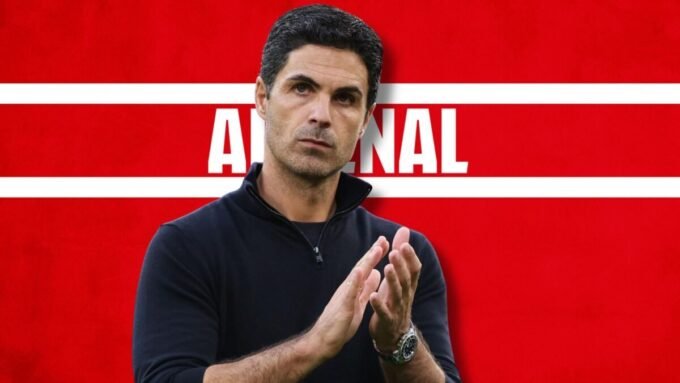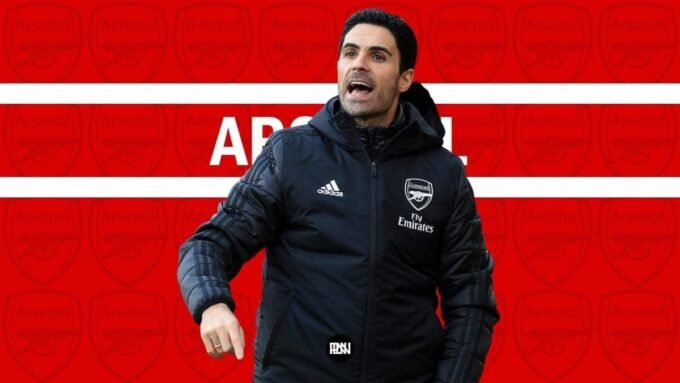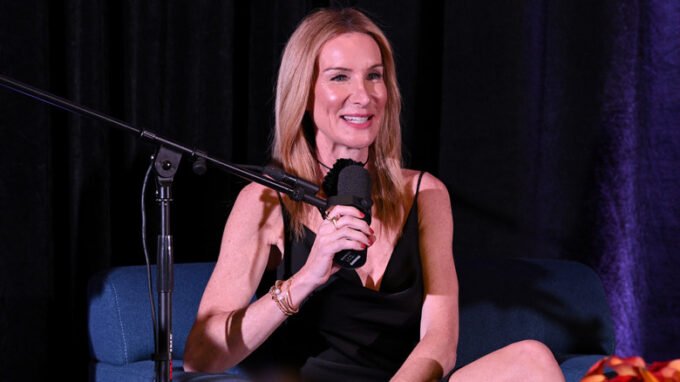Politics, as we know, can sometimes feel like a never-ending cycle of familiar faces and recycled promises. Recently, Festus Keyamo, Nigeria’s Minister of Aviation and Aerospace Development and a notable figure in the All Progressives Congress (APC), shared some candid—and frankly, pretty blunt—thoughts on the newly established coalition led by the African Democratic Congress (ADC). His assessment? The coalition, in his words, is “a journey to nowhere.” That’s quite a strong statement, and it’s worth unpacking what he means by that, why he believes the ADC coalition is heading for trouble, and what all this could signify for Nigerian politics looking ahead to 2027.
The ADC Coalition: A Gathering of the ‘Retired’?
Keyamo paints a stark picture of the ADC coalition, describing it as a group mainly made up of “spent political forces” or what he calls “ex-this and ex-that.” He suggests that many members of this alliance are former politicians, largely from the Peoples Democratic Party (PDP), who have lost influence or power. According to him, these aren’t the heavy hitters who can actually swing votes or mobilize significant support. In a way, he’s arguing that what you have isn’t a strong, vibrant coalition but more a band of political retirees, or at best, politicians in extended hiatus.
Also read: Thelma Calls Out Imisi Over “Victim Card” Drama on BBNaija Season 10
The picture he draws is almost a bit melancholic. There’s this sense that these figures have been “woken up” from retirement or sidelined positions by Atiku Abubakar, a major figure in the PDP, to form a coalition. This idea of political veterans being nudged back into action to “give semblance” to a coalition makes me pause. Is this mix of old guards really what today’s electorate wants? Or is it just a rehashing of old rivalries and tired politics that have long lost their appeal?
APC’s Steely Focus Versus ADC’s Uncertain Path
On the other side, Keyamo emphasizes that the APC remains “alert and focused” on delivering “the dividends of democratic governance” to Nigerians. His tone here is firm, almost defensive, as he insists that the APC is not resting on past achievements and is set on continuing its agenda. He also warns against complacency, criticizing politicians who openly celebrate opponents before the battle is even won—something he calls “foolish.”
There’s an interesting contrast in his remarks: the APC is portrayed as forward-moving and energetic, while the ADC coalition is labeled as fragmented and ineffective. But I can’t help but wonder—are things really that clear-cut? Politics is rarely black and white. Sometimes, coalitions like the ADC’s start shaky but find footing as they build momentum. Or, they might struggle but still influence political discourse and voter decisions in unexpected ways.
What seems obvious, though, is that Keyamo wants to project confidence in APC while simultaneously dismissing the ADC to undercut their credibility. And that’s pretty standard in political sparring—it keeps one camp on the offensive and the other on the defensive.
Also read: Odumodublvck’s Bold Promise: Quitting Music When His Crew Hits Big
What Does This Mean for Nigeria’s Political Future?
Looking toward 2027, the implications here could be significant. If Keyamo’s assessment holds any truth, and the ADC-led coalition really is a coalition of “retired” politicians without current influence, the APC may have an easier path forward—especially if it successfully convinces voters it’s focused on governance rather than politicking.
Yet, if the ADC coalition can rally support despite its composition, or if internal PDP tensions continue to push more politicians away, the political landscape might look very different than Keyamo predicts. Sometimes these “journeys to nowhere” take surprising turns.
And honestly, politics is messy—full of unexpected alliances, shifting loyalties, and moments where yesterday’s “retired” politician suddenly becomes important again. It might be too soon to count the ADC coalition out entirely, even if it currently faces an uphill battle.
So yeah, as 2027 approaches, the only real certainty is uncertainty. The players and coalitions we see now could evolve, fade away, or surprise us. And somewhere in this mix, Nigerian voters will have the final say.








































Leave a comment